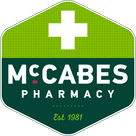An ultimate guide to peptides skincare
Cosmetic brands are being more innovative than ever when it comes to their use of active ingredients to tackle common skin concerns and promote healthy skin. Peptides are one such ingredient, but what are exactly are peptides and what do they achieve in skincare?
In this article, we'll explain what peptides can do for the skin and help you find the best peptide skincare product for you to incorporate into your skincare routine.
Click on one of the links below to jump to that section:
What are peptides and what do they do for the skin?
Peptides are naturally found in all cells and tissues throughout the human body. They are short chains of amino acids—the building blocks that make up proteins. In the body, these proteins include collagen, elastin and keratin, all of which play an important role in skin health. Collagen, in particular, is thought of as the most important protein as it is the 'glue' that holds the structure of the skin together.
As we age, our bodies gradually produce less collagen. As a result, the skin loses its firmness and begins to wrinkle and sag. Diminishing elastin levels also contribute to the skin developing an uneven texture and losing its suppleness. This is where topically-applied peptides can help; they act as messengers which send signals to the skin cells telling them to produce more collagen and elastin.
There are four types of peptides:
-
Signal peptides stimulate collagen and elastin production
-
Carrier peptides assist wound healing
-
Enzyme inhibitor peptides can slow down the rate of collagen loss
-
Neurotransmitter peptides can help to smooth out wrinkles and lines
When included in skincare products, peptides can help to support the body's natural collagen production in order to slow down the ageing process. This can help to preserve the smooth, supple and youthful appearance of the skin. Peptides are suitable for any skin type and can help to tackle a variety of skin concerns including acne, pimples, redness and inflammation. Peptides can also be used to strengthen the skin's natural protective barrier.
How to use peptide skincare products
Topical peptides can be found in a wide range of skincare products, including serums, gels and creams. It is better to use products that are designed to stay on the skin for a long time rather than those which are quickly removed, such as face washes.
The type of product you use will depend on your skin type. For example, if you have very dry skin a peptide product with a rich, creamy consistency will suit you well. If you deal with oily skin, a lightweight serum would be better. There is no right or wrong age to start using peptides; it's never too soon or too late to begin using a skincare ingredient that helps to slow the signs of ageing.
Peptides can be irritating, so it's important to patch test any new products that contain peptides before using them all over the face. You might also want to gradually build up your tolerance by using the product once every few days initially and slowly increasing to daily use. To get optimum results, it is usually recommended to use peptide products in the morning and evening, but this might depend on the other ingredients included in the product.
Many skincare products containing peptides also contain other complementary ingredients to tackle the signs of ageing. Hyaluronic acid is a common ingredient in peptide products. It is highly moisturising and can help to reduce the appearance of lines and wrinkles. Retinol (which supports cell turnover), Vitamin C (which improves skin brightness) and niacinamide, (which helps to reduce redness and minimise the appearance of pores), are also frequently included in skincare formulas alongside peptides.
It is not recommended to use peptides alongside products containing alpha-hydroxy acids (AHAs) because these are known to reduce the efficacy of peptides. If you want to use both AHAs and peptides, use one in your morning routine and one in your evening routine rather than both at the same time.
Peptide creams, serums and gels
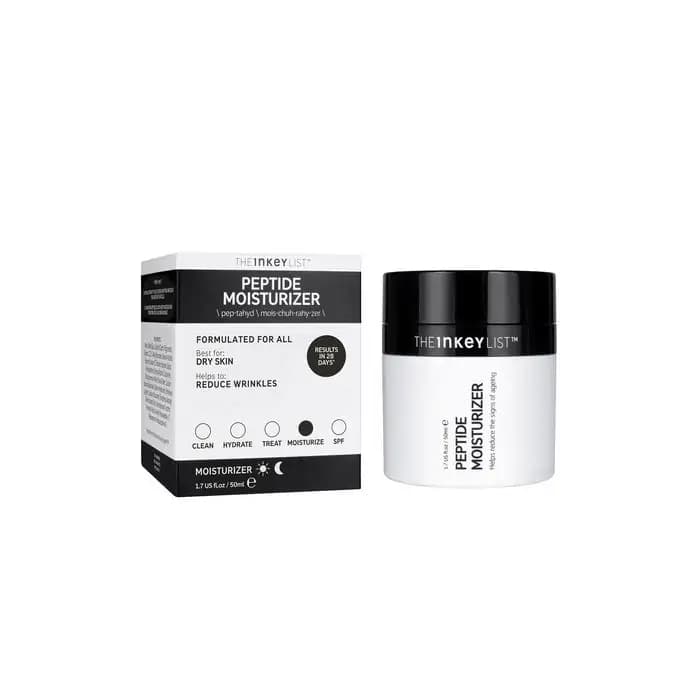
The Inkey List Peptide Moisturiser contains a 1% hydrating peptide solution and 2% Royal Epigen P5. These help even the skin tone, support the skin barrier, improve the appearance of fine lines and wrinkles, and boost radiance. This deeply nourishing and fast-absorbing moisturiser should be used every day in the morning and evening on cleansed skin after your preferred serums.
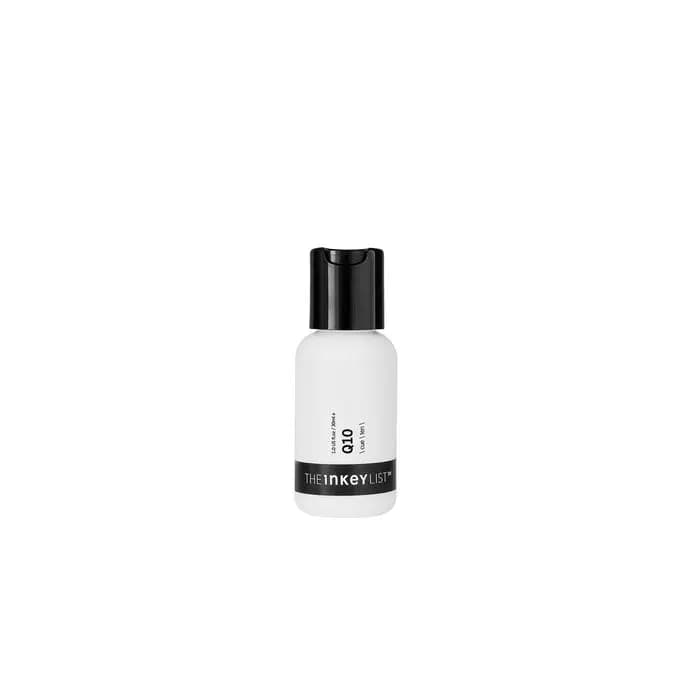
Also from The Inkey List, the Q10 serum works in the upper layers of the skin to protect against environmental factors causing damage and accelerated ageing. Q10 is a naturally occurring enzyme, and in skincare acts to hydrate the skin and improve skin texture and tone. This serum also contains the dual peptide SYN TACKS™ and squalene for added collagen-boosting and hydrating benefits.
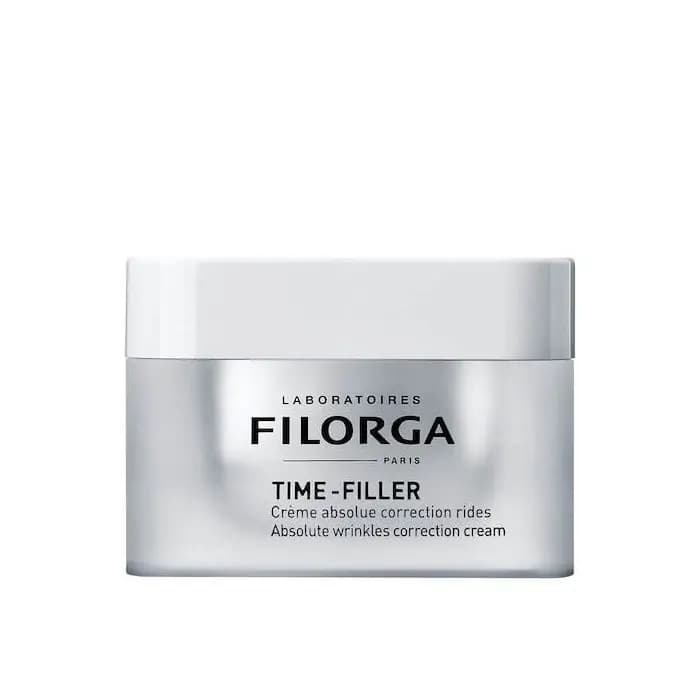
Filorga Time-Filler Absolute Wrinkle Correction Cream is formulated with tripeptides to gently relax facial muscles for a smoother complexion, and hyaluronic acid to nourish and plump the skin. This innovative cream can target contraction, deep, surface and dryness wrinkles. It is very concentrated, so should be used in small amounts in the morning and/or evening.
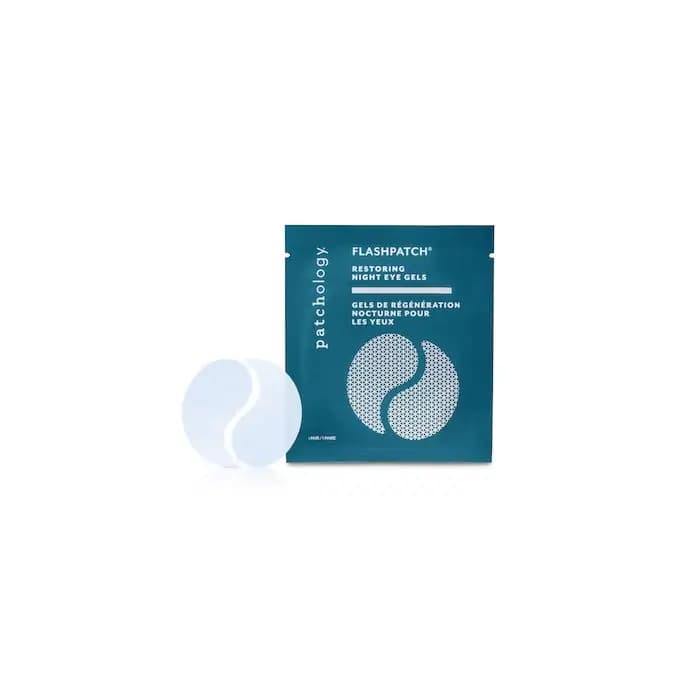
Patchology Flashpatch Restoring Night Eye Gels are single-use gel patches that accelerate the delivery of peptides, retinol and arnica to the undereye area during sleep to reduce the appearance of dark circles. They brighten and reduce dark undereye circles and soothe tired eyes to sleep. Simply place the patches onto the clean, dry undereye area, leave for five minutes or longer, discard after use and massage the remaining serum into the skin.
Peptide hair care
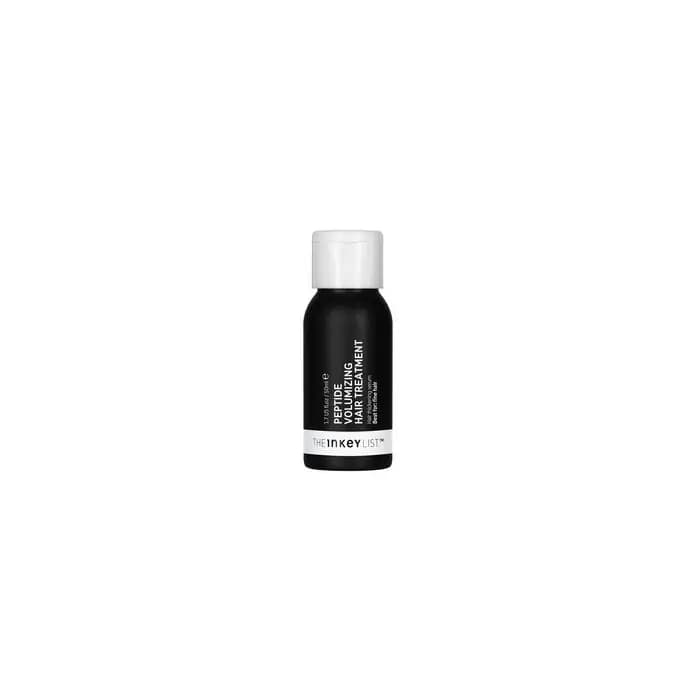
Work a small amount of The Inkey List Peptide Volumizing Hair Treatment through wet or dry hair once or twice each week. This treatment contains 2% Keranutri ™, 2% ACB Pisum Sativum Peptide and 1% Betaine to improve hair volume, softness and overall health.
Frequently asked questions
What are the risks or side effects of peptide skincare and how can these be avoided?
Peptides can be irritating, particularly for those with sensitive skin. Irritation can be avoided by doing a patch test first, and by slowly introducing the ingredient to your skincare routine. It can also be helpful to avoid using other potentially irritating active ingredients, such as retinol, at the same time as peptides if you know your skin is sensitive.
Who should use copper peptides?
A copper peptide helps to transport trace minerals in order to support wound healing. They also have antioxidant effects and can help skin feel smoother and softer while reducing the appearance of fine lines, dark spots and even acne scars. They're suitable for anyone interested in slowing down the signs of ageing and improving an uneven skin tone.

